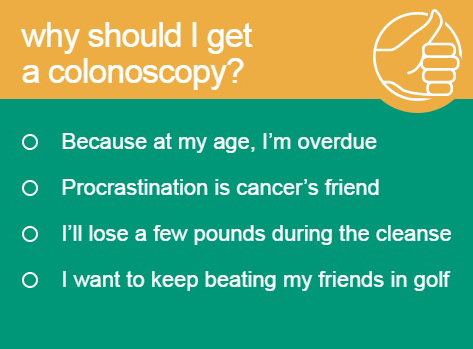
Your digestive health affects you daily, which is why we focus on taking a very personalized approach to care. Here are a few reasons you should get a colonoscopy.

The CHI St. Vincent Heart Institute developed the new HeartSmart Screening Program to help patients identify, manage and treat early signs of heart disease.

Virtual Visits allow you to visit your doctor without leaving your home. Primary Care Physician, Dr. Keith Cooper talks about the discussions patients can have with their doctor over the phone or with a tablet or computer. It's just one more way our physicians are still here for you.
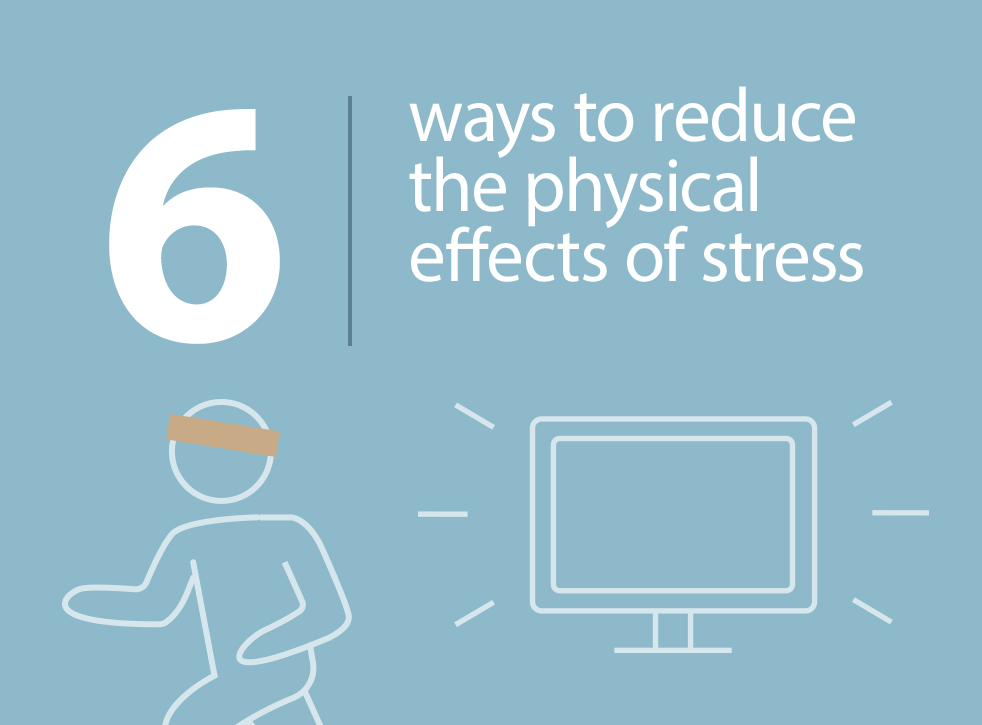
Long term stress can lead to overeating, high blood pressure and even diabetes. So it’s worth knowing what you can do to reduce stress. Start with these six simple tips.
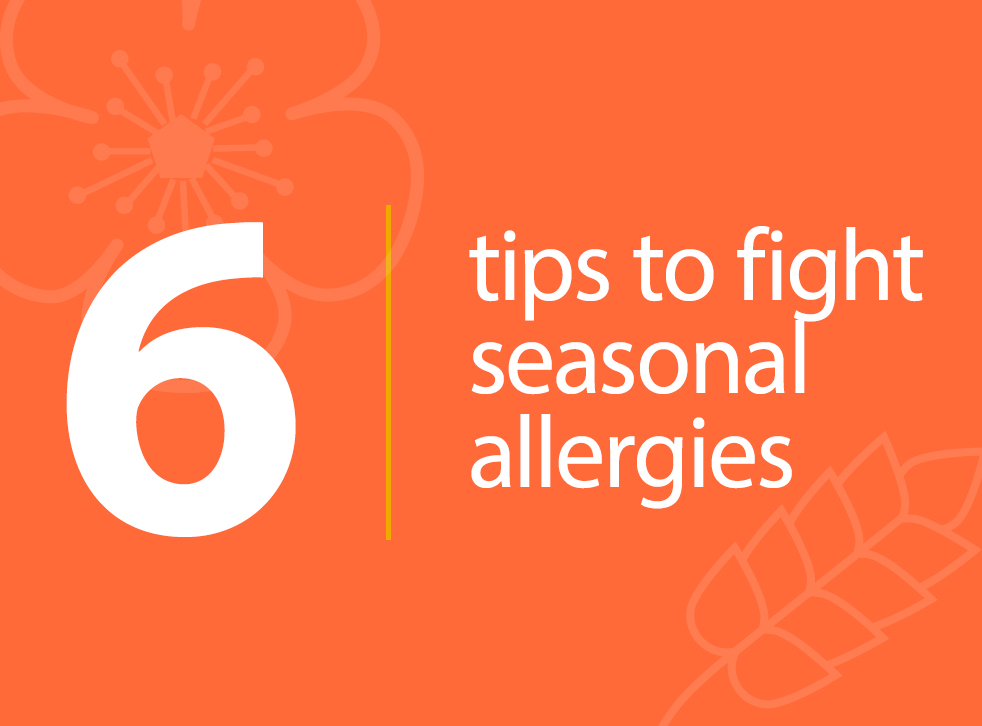
Did you know that pollen counts tend to be highest in the mid- to late-afternoon? Get your errands and exercise in early in the morning or late in the day to protect yourself from pollen.
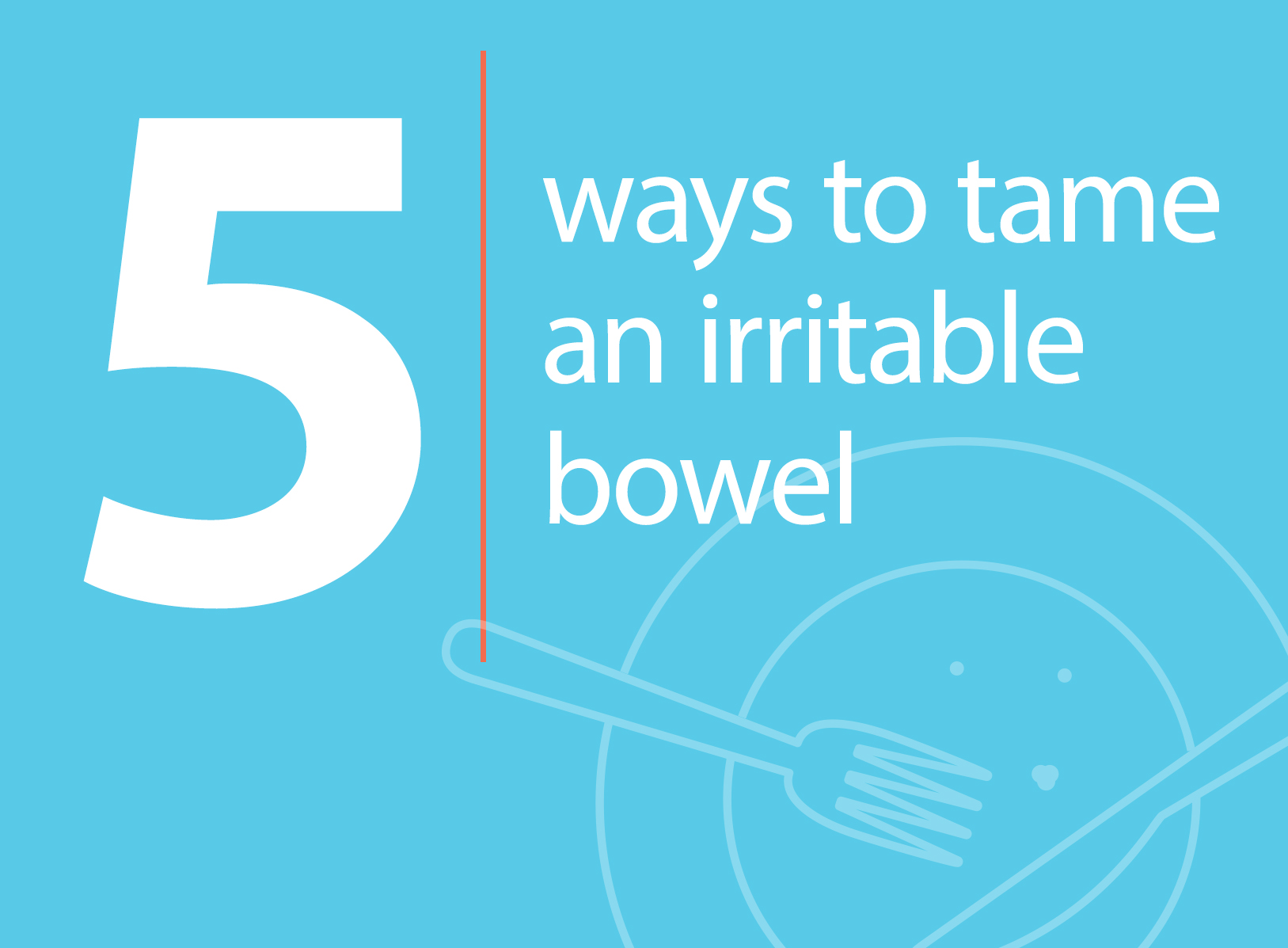
Irritable bowel syndrome is a chronic condition causing cramps, abdominal pain, bloating, gas, diarrhea and constipation. Though it’s common, and not usually serious, you can use these 5 steps to manage it for your long-team health.
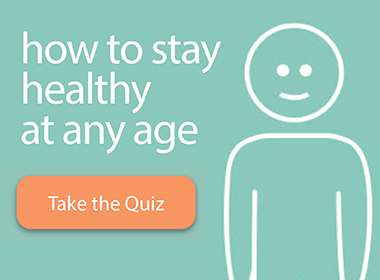
Take our short quiz to help you determine the most important screenings based on your age and gender.
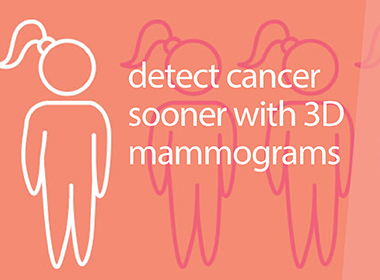
1 in 8 women will develop breast cancer. Our 3D mammography can detect up to 40% more invasive cancers that are too small to be detected by a normal 2D mammogram; allowing earlier diagnosis and treatment.
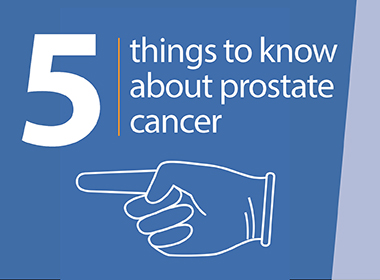
1 in 9 men will develop prostate cancer in his lifetime. Here are 5 key facts to remember about prostate cancer.
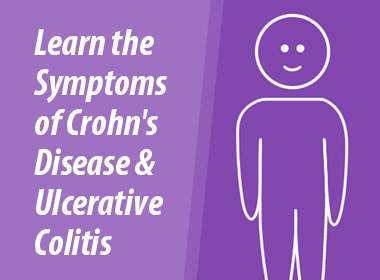
Crohn’s is a chronic disease of the intestine. It can lead to bigger problems, even colon cancer. Learn the early signs.
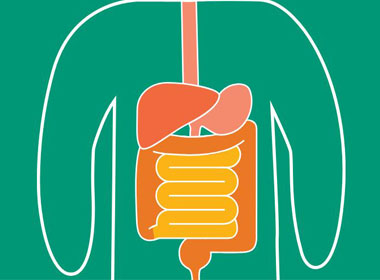
You may know Inflammatory Bowel Disease as Crohn’s Disease or Ulcerative Colitis. Left untreated, these disorders cause irritation and swelling of the digestive tract and can lead to serious medical problems.
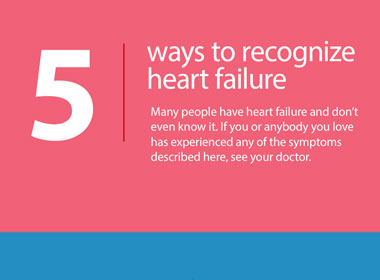
Many people have heart failure and don't even know it. Learn how to recognize heart failure and where to get treatment.
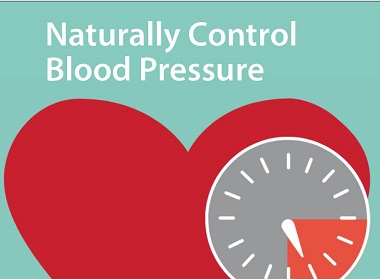
It’s possible to lower your blood pressure naturally, without taking medications, by paying closer attention to your lifestyle choices.
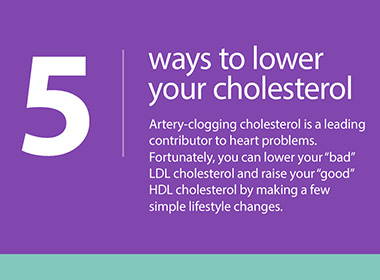
If you are diagnosed with high cholesterol, our primary care doctors will develop a treatment plan for you that may include medication, lifestyle changes or other intervention methods.
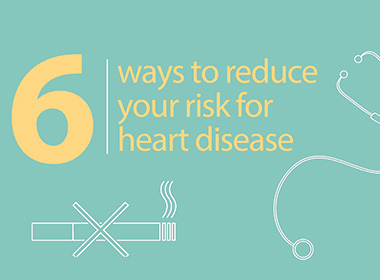
You know the healthy choices that are good for your heart. The choices to help prevent heart disease. Yet sometimes they aren’t enough and heart disease can’t be prevented.
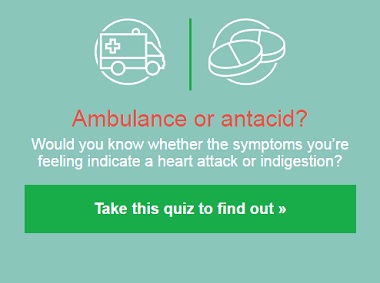
Do you know when you should call an ambulance over simply taking an antacid? Take our short quiz and see if you can tell the difference!
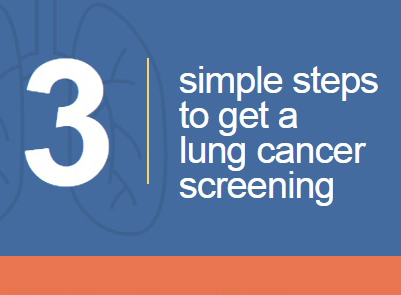
If you have smoked for many years, you may want to think about getting a lung cancer screening. We've outlined three simple steps for scheduling one.
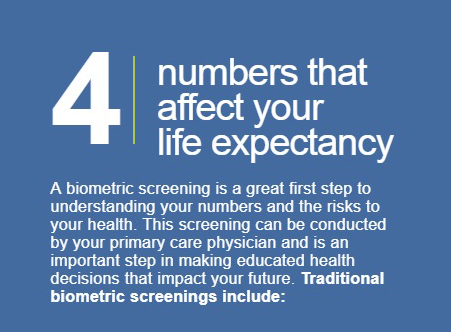
Primary care doctors monitor how healthy you are so they can help keep you that way. Here are four numbers you need to know so you can live a long, healthy life.
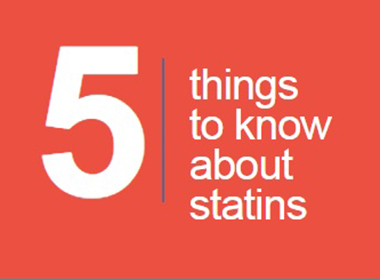
If you are at risk for heart disease or have been diagnosed with heart disease, your doctor may recommend a statin to lower your cholesterol. Here are the top 5 things to know about statins.
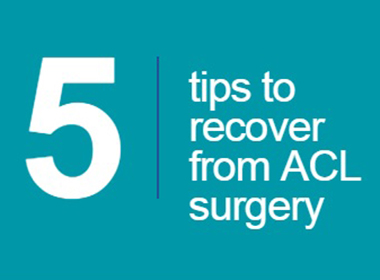
Knowing how to take care of yourself after anterior cruciate ligament (ACL) surgery is crucial for 100% recovery. That's why we've put together the top 5 things to do for a successful recovery.
